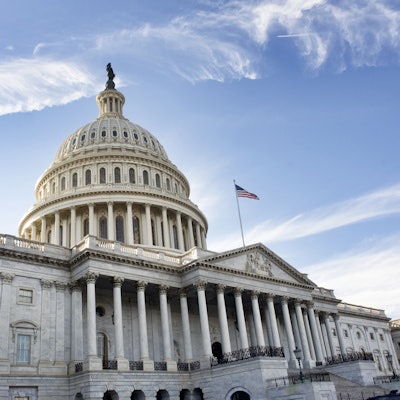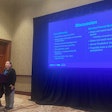
The U.S. House of Representatives has passed legislation that would mitigate a significant portion of the Medicare reimbursement cuts that were scheduled to take effect on January 1.
Called the Protecting Medicare and American Farmers from Sequester Cuts Act, the bill (S 610) would delay the 2% Medicare sequester payment reductions until March 31, followed by a reduction to 1% from April 1 to June 30. To adjust for these changes and to provide support to healthcare providers during the COVID-19 pandemic, the bill would also provide a one-year, 3% increase in the Medicare Physician Fee Schedule to offset most of the 3.75% cuts in the fee schedule that were scheduled to be adopted due to budget neutrality adjustments. In addition, it will avoid the 4% spending cut from the pay-as-you-go (PAYGO) budget neutrality sequester.
The Protecting Medicare and American Farmers from Sequester Cuts Act was added by the House as an amendment to S 610, a bill passed earlier this year in the Senate that was aimed at addressing behavioral health and well-being among healthcare professionals.
Without final passage of the bipartisan bill, radiologists could be facing double-digit decreases in reimbursement on January 1. In a statement issued yesterday before the bill was passed by the House, the American College of Radiology (ACR) said it applauded the introduction of the legislative package and urged lawmakers in the House and Senate to "quickly pass this critical bill or ensure that the language is included in any larger legislation passed by Congress prior to the end of this session."
Among other provisions, the legislation would also delay private payer reporting requirements, as well as implementation of the Medicare Radiation Oncology (RO) model, for one year.
The previous scheduled start data for the RO Model, which would bundle radiation therapy payments rather than continuing to pay on the basis of individual treatment episodes, had drawn criticism from the American Society for Radiation Oncology (ASTRO). The society had been urging the U.S. Centers for Medicare and Medicaid Services (CMS) for time to adapt to the model, which would radically change reimbursement for many radiation therapy practices.



















